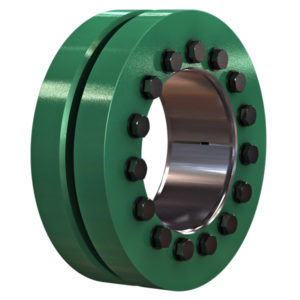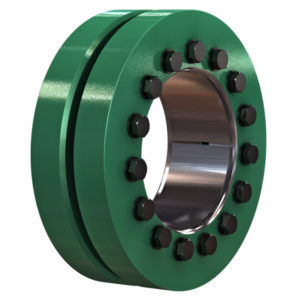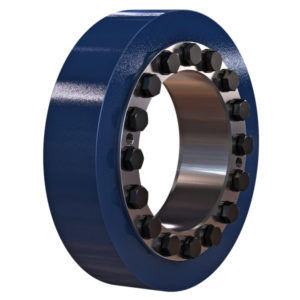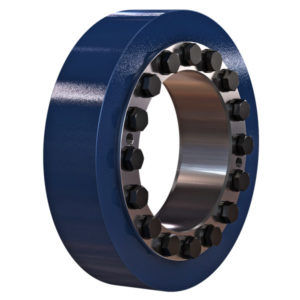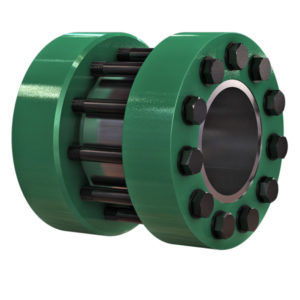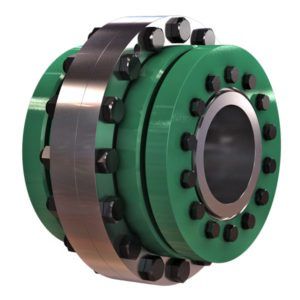
Rigid coupling AFS seriesfrictionshaftflange
Add to favorites
Compare this product
Characteristics
- Type
- rigid, friction
- Product applications
- shaft, flange
- Performance
- backlash-free
- Other characteristics
- torque
- Torque
Min.: 310 Nm
(228.6443 ft.lb)Max.: 7,350 Nm
(5,421.0818 ft.lb)
Description
The main function of the rigid flange coupling is the safe and backlash-free connection of two shafts by means of frictional engagement. For example between a drive shaft and a stirrer shaft. Flange couplings can be separated directly at the flanges. The pressure rings used create a backlash-free connection by pressing the flange hubs onto the shafts. This type of connection is mainly used to transmit torque. However, it can also be used to transmit axial forces and bending moments.
The shrink connection only provides the required forces and does not itself transmit any forces or moments between the shafts and the flange hubs. It is therefore not in the direct force flow.
Assembly is carried out by pushing the flange halves onto the shaft ends and then tightening the thrust collars. Afterwards the flanges are connected by means of screwing.
The flange couplings are supplied ready for installation. Clamping is carried out using standard screwing tools. Optionally with a hydraulic clamping tool.
For proper function and to achieve a sufficiently high coefficient of friction, the contact surfaces between shaft ends and flange hubs, as well as the contact surfaces of the flanges must be free of grease, dry and clean. The functional surfaces of the cones, threads and head rests of the screws are already lubricated ex works.
Catalogs
Product catalog
223 Pages
*Prices are pre-tax. They exclude delivery charges and customs duties and do not include additional charges for installation or activation options. Prices are indicative only and may vary by country, with changes to the cost of raw materials and exchange rates.







